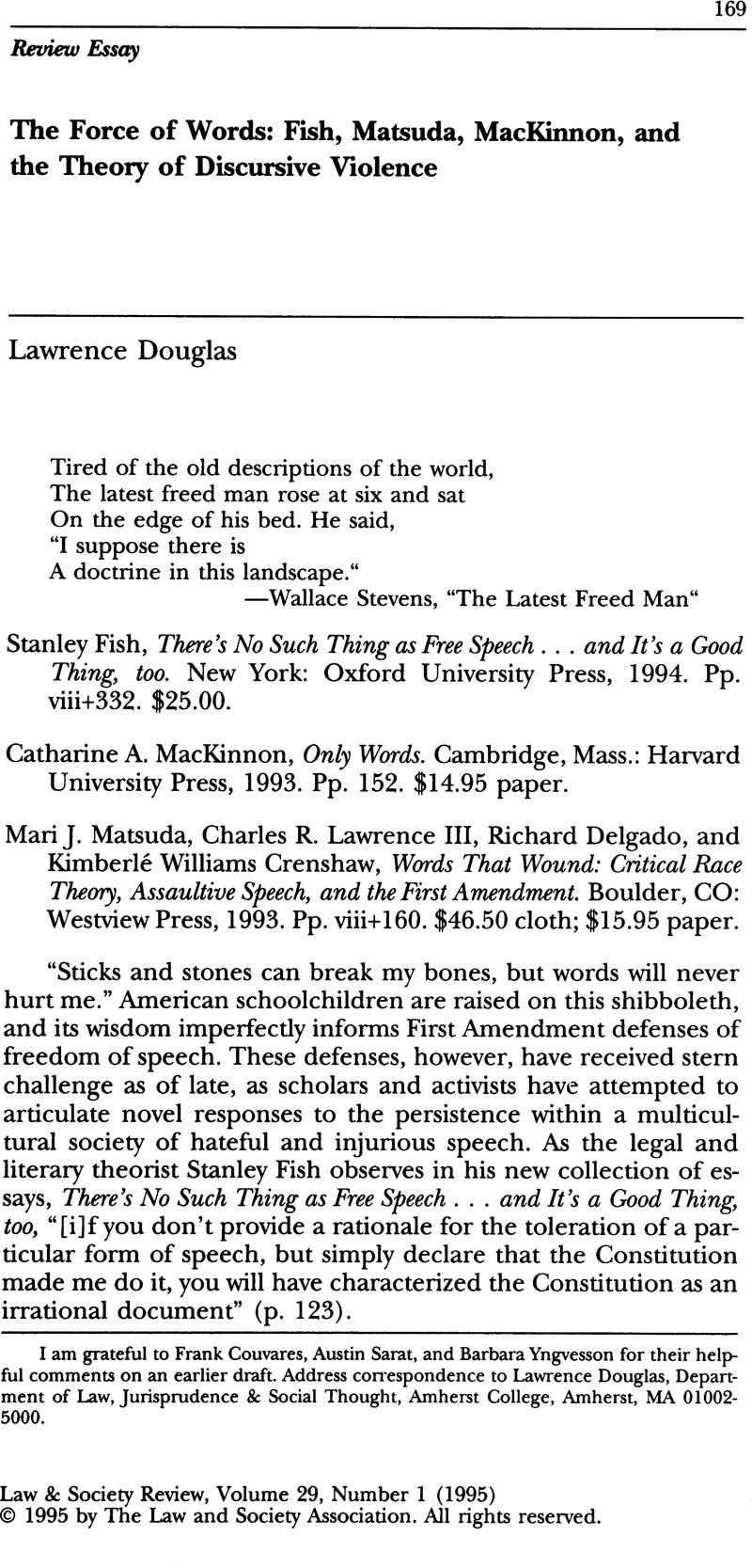Crossref Citations
This article has been cited by the following publications. This list is generated based on data provided by Crossref.
Hasian, Marouf
1997.
Freedom of expression, population “checks” and obscenity in nineteenth century England: A case analysis of the Besant‐Bradlaugh trial.
The Communication Review,
Vol. 2,
Issue. 3,
p.
349.
1998.
The Cultural Life of Intellectual Properties.
p.
166.
1998.
The Cultural Life of Intellectual Properties.
p.
301.
1998.
The Cultural Life of Intellectual Properties.
p.
398.
1998.
The Cultural Life of Intellectual Properties.
p.
88.
1998.
The Cultural Life of Intellectual Properties.
p.
273.
1998.
The Cultural Life of Intellectual Properties.
p.
130.
1998.
The Cultural Life of Intellectual Properties.
p.
41.
1998.
The Cultural Life of Intellectual Properties.
p.
248.
1998.
The Cultural Life of Intellectual Properties.
p.
1.
1998.
The Cultural Life of Intellectual Properties.
p.
208.
Preda, Alex
2004.
AIDS, Rhetoric, and Medical Knowledge.
Koot, Stasja
Hebinck, Paul
and
Sullivan, Sian
2021.
Conservation Science and Discursive Violence: A Response to Two Rejoinders.
Society & Natural Resources,
p.
1.
Koot, Stasja
Hebinck, Paul
and
Sullivan, Sian
2023.
Conservation Science and Discursive Violence: A Response to Two Rejoinders.
Society & Natural Resources,
Vol. 36,
Issue. 5,
p.
585.
2024.
The Violence of Law.
p.
509.
Dantan, Emmanuelle
López Muñoz, Juan Manuel
Neveu, F.
Prévost, S.
Montébran, A.
Steuckardt, A.
Bergounioux, G.
Merminod, G.
and
Philippe, G.
2024.
Quand le système discursif impose : le principe de violence discursive.
SHS Web of Conferences,
Vol. 191,
Issue. ,
p.
01018.
2024.
The Violence of Law.
p.
511.



